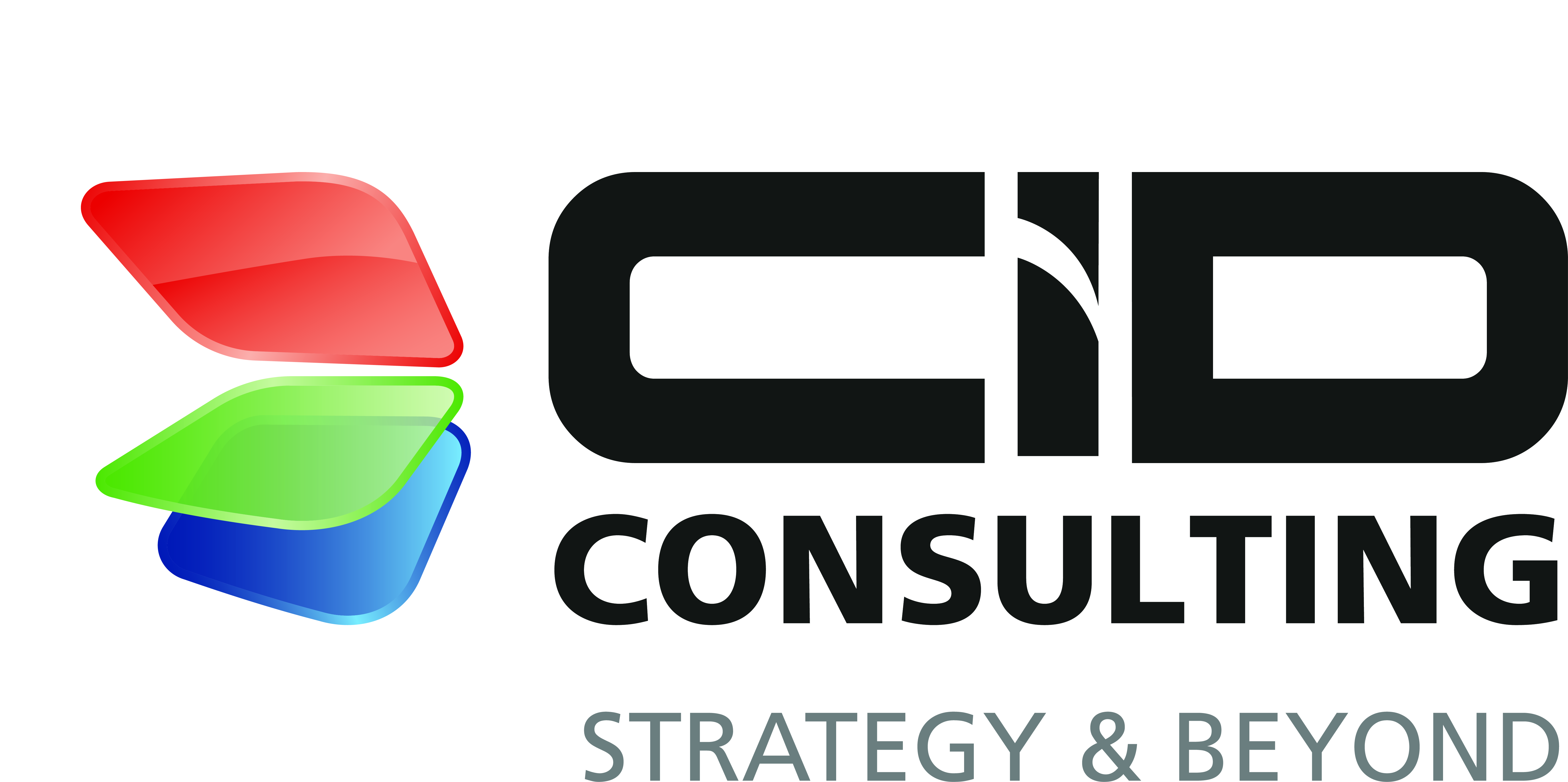
In 2016 the Ministry of Petroleum needed to design and implement a communication strategy to support the implementation of Egypt’s fuel reform program. In 2018, the Ministry called upon us again to work on a strategic communications framework for the launch and implementation of a new modernisation program, which included a major and comprehensive overhaul of the oil and gas sector at large. This sought to transform the oil and gas sector from a service driven sector, to a profitable value-add sector, positioning Egypt as a leading Energy Hub within five years.

Our engagement in the fuel reform program focused on crafting clear messages which would manage public expectations, influence opinion and open conversations with stakeholders involved in the energy decision-making process. This began with establishing an effective two-way dialogue with relevant stakeholders, aiding in clear and transparent flow of information and data. It was equally important for us to support the Ministry in improving confidence in the industry. We achieved this by identifying applicable measures to clearly communicate how the Ministry is working to improve customer satisfaction, service quality, transparency and social accountability in the sector.
When reappointed in 2018, the entire sector was undergoing extensive transformation, so we adopted a holistic and integrated change management approach to identify and analyse the positions of all relevant stakeholders, to ensure change was communicated in a way that catered to individual needs and interests. Our communications framework helped to manage the expectations of different parties and prevented miscommunication and potential opposition. This was accompanied by an organizational development intervention serving the team in charge of internal and external communication to ensure sound structure and relevant resourcing.

Following successful implementation of our approach, we were able to create a communication strategy which increased public awareness of the reform and led to alliances being formed with those who supported its implementation. Through reviewing existing communication efforts, designing capacity building efforts, and supporting with events and crisis management just two years later, we were able to provide ongoing, trusted guidance to the Ministry’s team which has ensured sustainability and self-dependency for future initiatives.

.png)










